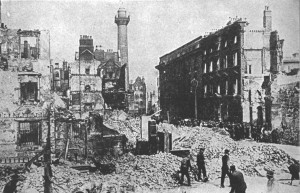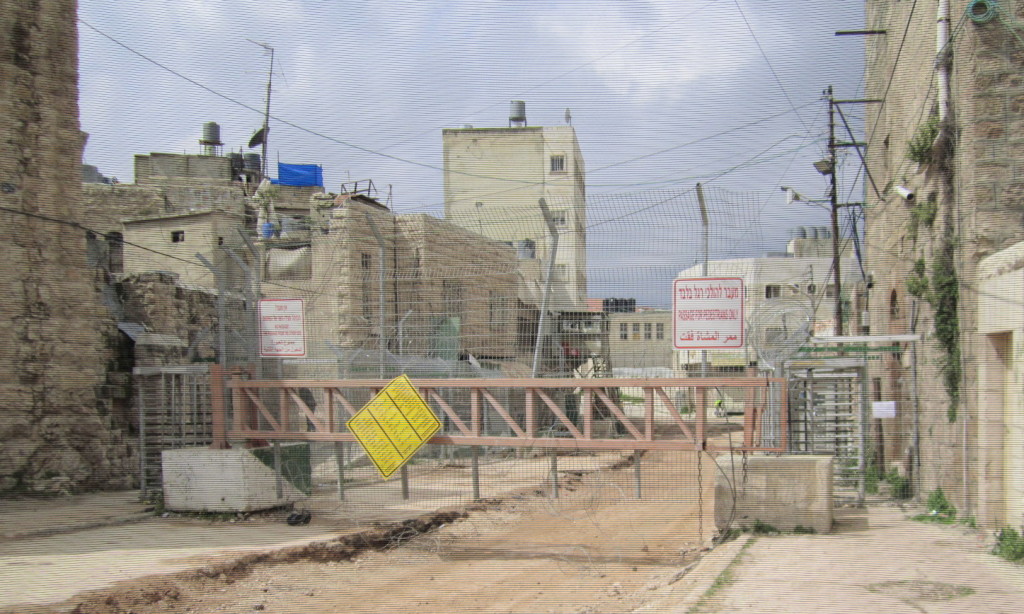
his friend Aziz
of El Araqib village*
All over the world we hear a familiar denial of oppression and atrocities in the form of “We did not know.” The phrase is privileged citizens’ easy way out when their governments repress minorities and deny them human rights. Examples abound in despotic regimes as well as in democracies. In all cases favored citizens who use the phrase are participants in the repression by claiming ignorance of its existence.
In democracies like the United States and Israel denials of repression by privileged citizens are the more egregious for the obvious reason of greater freedoms.







